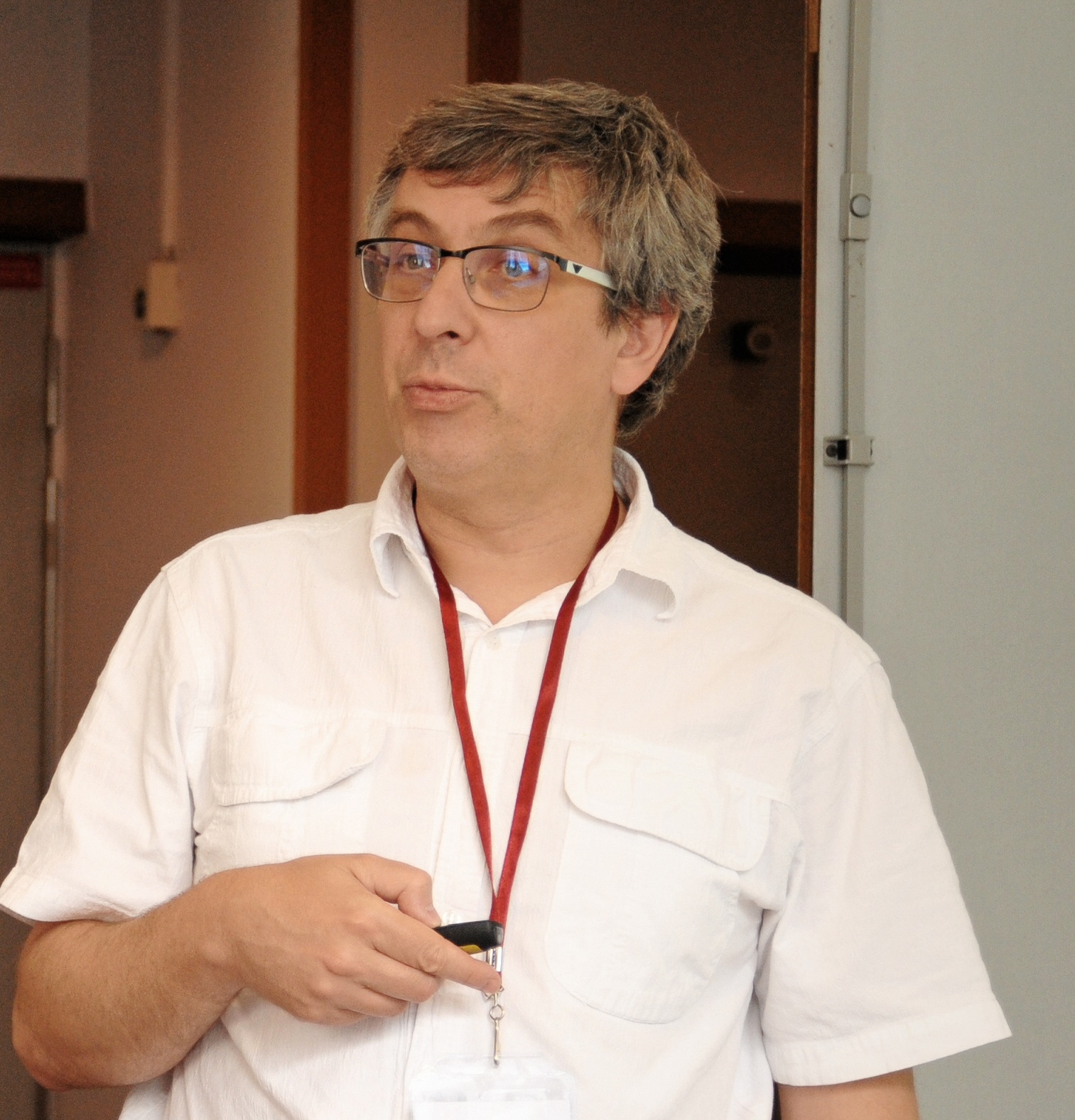
Laurent Desaubry
University of Strasbourg, France
Biography
L Desaubry is a CNRS Research Director in the University of Strasbourg in France (website: http://desaubry.u-strasbg.fr/) and Adjunct Professor at Tianjin University of Science and Technology (TUST) in China. In 1992, he received a PhD degree in Medicinal Chemistry from Strasbourg University. Next, he worked as a Post-doctoral fellow at SUNY at Stony Brook, USA. He has completed Post-doctoral internship in Prof Pierre Chambon’s laboratory previously to get a CNRS Research Senior Scientist at the University of Strasbourg-CNRS. He was promoted CNRS Research Director (corresponds to full professor) in 2014, and also became professor at TUST in 2015. He has published more than 70 publications and has been serving as an Editorial Board Member of Frontiers in Chemistry, Medicinal Chemistry, Advances in Oncology Research and Treatments and The Open Medicinal Chemistry Journal.
Abstract
Flavaglines are a family of anticancer natural products that relieve the resistance to cancer chemotherapies and display a strong cytotoxicity that is specific to cancer cells. We identified the first synthetic flavaglines that inhibit cell proliferation and viability (IC50≈1 nM) at lower doses than did the parent natural compounds. A ligand for affinity chromatography was synthesized based on our structure affinity relationship (SAR) information, and used for the identification of prohibitins-1 and -2 as the molecular targets. Prohibitin-1 (PHB1) and its homologue prohibitin-2 (PHB2) are pleiotropic proteins that act as a hub for many signalling pathways. We demonstrated that the binding of flavaglines to PHBs prevents the interaction between PHBs and C-RAF and, thereby, inhibits C-RAF activation and subsequently C-RAF-MEK-ERK signalling, which is critical to survival and proliferation of cancer cells. With our collaborators, we found that another PHB ligand, fluorizoline, also block C-RAF activation. Despite decades of research effort, clinically effective medicines targeting C-RAF and KRAS remain elusive. Our recent results open a novel avenue to inhibit both C-RAF and KRAS signalling with PHB ligands. We also demonstrated that these compounds protect the heart from the adverse effects of cancer chemotherapies involving anthracyclines. We showed that this cardioprotection is mediated by the activation of the mitochondrial PHB-STAT3 complex. In addition to these lines of research, we also developed new PHB ligands belonging to the class of triazines that modulate the biosynthesis of melanin in melanocytes and induce the death of cancer cells. The structure-activity relationships of these new drugs and their detailed mechanism of action will also be presented.